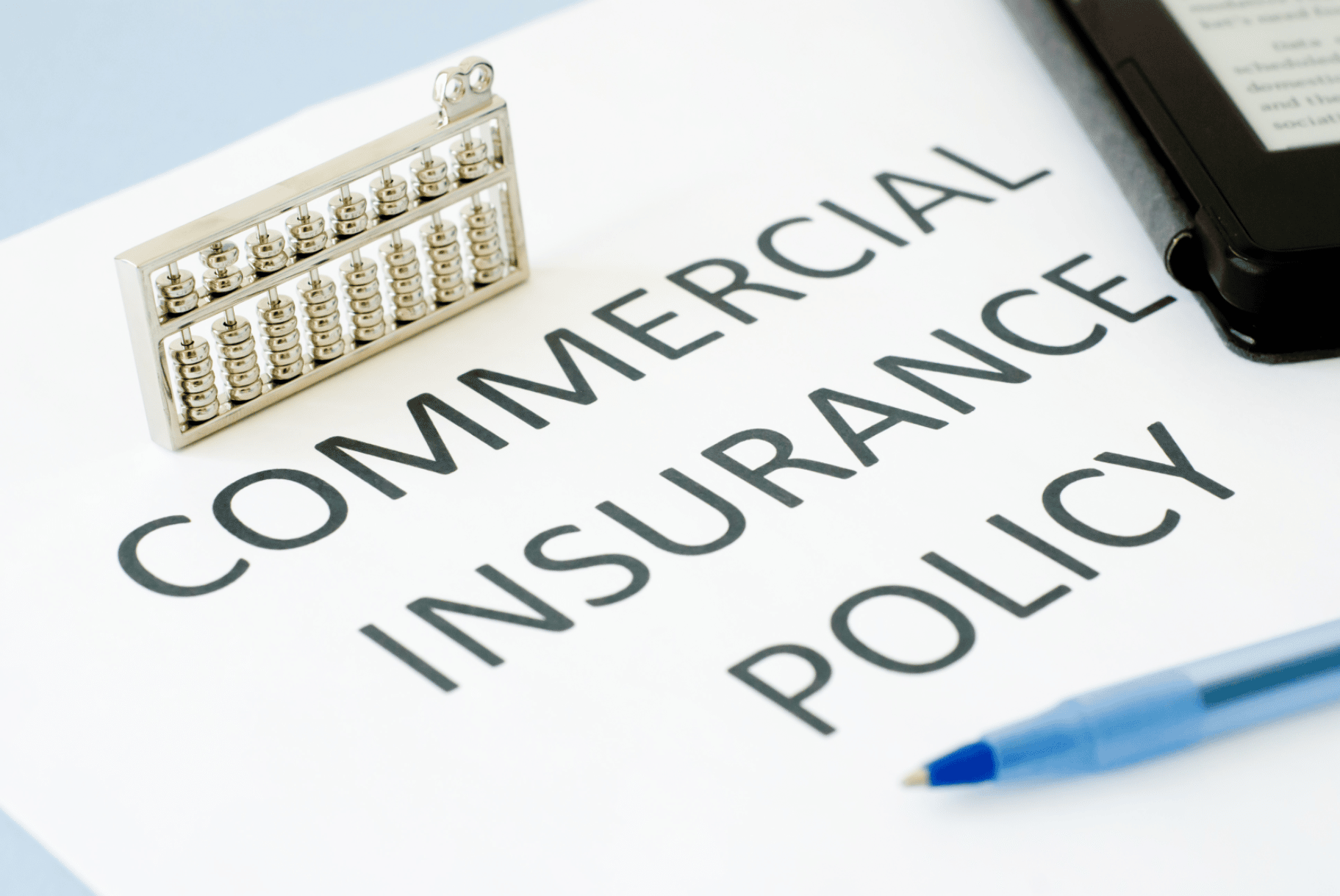Are you puzzled by the intricacies of insurance? Don’t worry, you’re not alone! Navigating the world of insurance can be a daunting task, with countless options and confusing terminology. Whether you’re seeking car insurance to protect your beloved vehicle or looking for small business insurance to safeguard your entrepreneurial endeavor, understanding the ins and outs of insurance is essential. In this comprehensive guide, we will unravel the secrets of insurance, equipping you with the knowledge you need to make informed decisions and secure the coverage that suits your unique needs. From understanding policy types and their coverage details to exploring the factors that influence premiums, this guide will empower you to confidently navigate the insurance landscape. So, let’s dive in and uncover the mysteries of insurance together!
Understanding Insurance Basics
Insurance is a crucial aspect of modern life. Whether it’s protecting your car or your small business, having the right insurance coverage can provide peace of mind and financial security. Understanding the basics of insurance is key to navigating the complex world of policies and premiums.
When it comes to car insurance, it’s important to know that there are different types of coverage available. Liability insurance is often required by law and helps cover costs related to injuries or damages you may cause to others in an accident. Comprehensive and collision coverage can protect your vehicle against damage from events such as theft, fire, or accidents.
For small businesses, insurance plays a vital role in protecting assets, employees, and finances. Small business insurance typically includes coverage for property, liability, and business interruption. Property insurance helps protect physical assets like buildings and equipment from damage or loss. Liability insurance is essential for safeguarding against claims of injury or property damage caused by your business. Business interruption insurance can provide coverage if your business operations are disrupted due to unforeseen events like natural disasters or technological failures.
Navigating the world of insurance can be overwhelming, but having a fundamental understanding of insurance basics is the first step towards making informed decisions and ensuring you have the right coverage for your needs. By knowing the different types of insurance available, such as car insurance and small business insurance, you can better protect yourself, your assets, and your financial future.
Choosing the Right Car Insurance
When it comes to choosing car insurance, it’s important to find the right coverage that suits your needs. With so many options out there, it can be overwhelming to navigate through the sea of insurance providers. However, by considering a few key factors, you can make an informed decision that will ensure you have the right protection for your vehicle.

Firstly, assess your personal needs and budget. Think about the level of coverage you require and how much you can comfortably afford. Consider factors such as your driving habits, the value of your car, and any specific requirements you may have. This will help you determine the type and amount of car insurance that best fits your situation.
Secondly, research various insurance providers and compare their offerings. Look for reputable companies with a strong track record in the industry. Read customer reviews and seek recommendations from friends and family. Pay attention to the level of customer service provided by each insurer, as this can make a significant difference in your overall experience.
Finally, don’t forget to inquire about any available discounts. Many car insurance companies offer discounted rates for factors such as a safe driving record, bundling multiple policies, or being affiliated with certain organizations. Taking advantage of these discounts can help you save money and make your insurance more affordable.
By carefully considering your needs, comparing options, and exploring discounts, you can confidently choose the right car insurance for you and your vehicle. Remember, the goal is to have peace of mind on the road, knowing that you are protected in case of any unforeseen events.
Essential Insurance Coverage for Small Businesses
Every small business needs insurance to protect itself from potential risks and liabilities. Having the right coverage in place can help safeguard your business and give you peace of mind. In this section, we will explore three essential insurance policies that every small business should consider.
-
General Liability Insurance:
General liability insurance is a foundational coverage that protects your business from third-party claims of bodily injury, property damage, and advertising injury. It can help cover legal expenses and settlements if someone files a lawsuit against your business. This insurance is particularly important for small businesses that interact with clients, visitors, or have physical locations where accidents can happen. -
Commercial Property Insurance:
Commercial property insurance is crucial for small businesses that own or lease physical spaces such as offices, storefronts, or warehouses. This policy covers damage or loss to your business property, including buildings, furniture, inventory, and equipment, due to events like fire, theft, or natural disasters. By having commercial property insurance, you can protect your small business’s physical assets and ensure they can be repaired or replaced when needed. -
Business Auto Insurance:
If your small business uses vehicles for any purpose, whether it’s making deliveries, transporting clients, or running errands, you need business auto insurance. This coverage protects your business vehicles and drivers in the event of accidents, damages, or injuries. Business auto insurance provides liability coverage for bodily injury or property damage caused by your vehicles, as well as coverage for physical damage to your vehicles caused by accidents, theft, or vandalism.
Remember, these are just a few of the essential insurance coverages that small businesses require. It’s essential to assess the specific needs of your business and consult with an insurance professional to determine the right policies for you. By securing the appropriate insurance coverage, you can protect your small business from unexpected risks and ensure its long-term success.